On the afternoon of November 12, at the National Conference on Science and Education training in 2025, on behalf of the leaders of the Ministry of Health , Deputy Minister Nguyen Thi Lien Huong presented a thematic report "Results of implementing the Party and State's guidelines and policies on people's health care and developing grassroots health care in the past time; tasks and solutions to implement Resolution No. 72-NQ/TW dated September 9, 2025 of the Politburo on a number of breakthrough solutions to strengthen the protection, care and improvement of people's health".
Health is the most valuable asset of each individual and of the whole society.
Regarding the results of implementing the Party and State's policies on people's health care and grassroots health development in recent times, Deputy Minister Nguyen Thi Lien Huong emphasized: The Party, National Assembly and Government always consider health as the most valuable asset of each person and the whole society; protecting, caring for and improving health is the duty and responsibility of each person, the entire political system and the whole society.
This consistent viewpoint is reflected throughout the Party and State's guidelines, policies, and directive documents on the work of caring for, protecting, and improving people's health through the Party Congress Resolution, resolutions, directives, and conclusions of the Central Committee, especially Resolution No. 20-NQ/TW (Term XII) on strengthening the work of protecting, caring for, and improving people's health in the new situation and Resolution No. 72-NQ/TW on a number of breakthrough solutions to strengthen the protection, care for, and improving people's health that has just been issued.
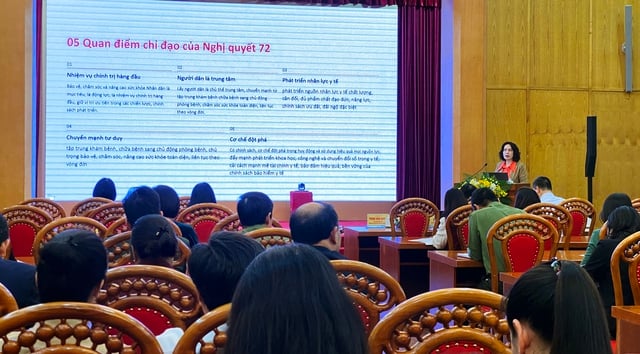
Deputy Minister of Health Nguyen Thi Lien Huong presented the Report.
Regarding Resolution No. 72-NQ/TW, the Deputy Minister emphasized: "This is a resolution of special importance, strategic and long-term, demonstrating the Party's deep concern for the health of every citizen, aiming at the goal of building a healthy Vietnam, where all people receive health care, live long, live healthy, and live healthily, contributing significantly to promoting the development of a rich, civilized, and prosperous country in the new era."
The Resolution identifies important goals for 2030 and a vision for 2045, which clearly state: improving the physical strength, mental strength, stature and healthy life expectancy of the People; reducing the burden of disease and controlling risk factors affecting health; people have access to quality health services, aiming for comprehensive health care, receiving periodic health check-ups or free screening once a year; 100% of commune-level health stations are invested in facilities, medical equipment, and human resources according to their functions and tasks; by 2030, achieving universal health insurance coverage.
The Resolution sets out 6 groups of tasks and solutions to create breakthroughs in awareness, improve the capacity of the health system, develop human resources, and ensure resources for the work of protecting, caring for, and improving people's health.
The Deputy Minister also said that the role and fundamental position of primary health care in the health system have always been consistently affirmed in policies and guidelines on public health care. The Party, the National Assembly and the Government have issued many decisions and policies to continuously consolidate, improve and enhance the effectiveness of primary health care activities.
The system of medical documents, policies and laws is constantly being improved.
Regarding the results of implementing the Party and State's policies and guidelines on people's health care, the Deputy Minister said: the Party and State's policies and guidelines on people's health care through resolutions, directives and conclusions of the Central Committee have been seriously implemented by Party committees, Party organizations and authorities of ministries, branches, sectors and localities with specific tasks, solutions and roadmaps, in accordance with their functions and tasks, achieving many important results.
Specifically, compared with the 19 targets of Resolution No. 20-NQ/TW, although our country has been heavily affected by the COVID-19 pandemic, by the end of 2024, 9 targets have exceeded the deadline by 2-3 years compared to the plan until 2025.
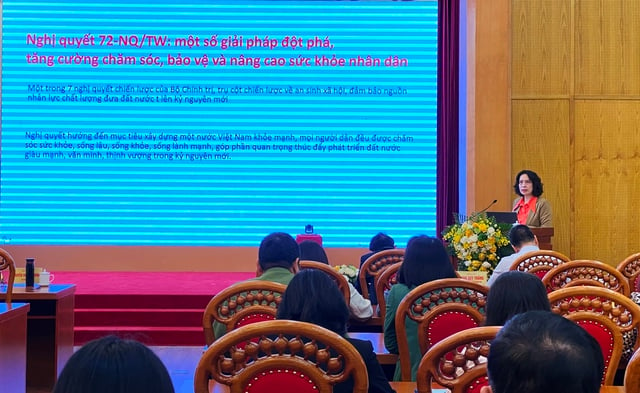
The Deputy Minister emphasized that by the end of 2024, there were 9 goals that were 2-3 years ahead of schedule compared to the plan until 2025.
In addition, the system of documents, policies and laws on health care is constantly being improved, fully institutionalizing the Party's policies and guidelines on protecting, caring for and improving people's health.
Communication and health education work has diversified its content and innovated its form to raise people's awareness and responsibility in self-care, health improvement, prevention of harmful effects of tobacco, alcohol, beer... and other risk factors. Many programs and projects on nutrition, food safety, physical training, and health improvement have been approved and implemented effectively.
One of the outstanding achievements is the restoration, consolidation and development of a wide network of medical facilities throughout the country. Vietnam is internationally recognized as one of the few countries with a complete medical network down to the grassroots level, ensuring the provision of basic medical services to the people. 99.6% of communes, wards and towns have commune health stations.
Maternal and child mortality rates continued to decrease, exceeding the 2025 target set in Resolution No. 20-NQ/TW; the proportion of women giving birth who received at least four prenatal check-ups increased; the proportion of women giving birth who were assisted by skilled staff remained high (over 90%) and the proportion of mothers/newborns receiving postnatal care at home in the first week remained high (over 70%).
The network of medical examination and treatment facilities is developing rapidly with many rich and diverse public-private and public-private models. The number of hospitals increased from 1,162 (in 2011) to 1,665 (in 2024), of which 384 are non-public hospitals. The number of hospital beds per 10,000 people increased from 24 (in 2015) to 34 (in 2024), of which private hospital beds account for about 6%.
The health sector also strives to ensure adequate supply of quality drugs at reasonable prices to meet the people's needs for disease prevention and treatment. Domestic production capacity for drugs and vaccines has been enhanced.
Continue to strengthen, improve and enhance the quality of primary health care activities
Regarding the results of implementing the Party and State's policies and guidelines on developing grassroots healthcare, the Deputy Minister said: with the determination of the grassroots healthcare network as the healthcare line closest to the people, ensuring that all people receive basic healthcare at low cost, contributing to social justice, hunger eradication and poverty reduction, the Central Party Secretariat issued Directive No. 06-CT/TW (2002) on consolidating and perfecting the grassroots healthcare network, followed by Directive No. 25-CT/TW (2023) on continuing to consolidate, perfect, and improve the quality of grassroots healthcare activities in the new situation.
Thanks to that, the awareness and responsibility of Party committees, Party organizations, authorities and political systems about the role, position and importance of grassroots health care in primary health care tasks are increasingly enhanced. Policies on grassroots health care have been issued, amended and supplemented in accordance with the requirements of people's health care and socio-economic conditions.
Along with that, many provinces and cities have established and improved the Steering Committee for People's Health Care, and developed operating regulations to direct and urge implementation. Many localities have included health, medical and health-affecting goals and indicators such as environment, physical education, sports, culture, etc. in their annual and 5-year socio-economic development plans and long-term strategies.
This shows that the leadership, direction, inspection and supervision of the government, professional agencies and localities have been gradually improved, contributing to improving the quality of operations and facilitating people's access to and use of services at grassroots health facilities.
Source: https://suckhoedoisong.vn/dang-quoc-hoi-va-chinh-phu-luon-coi-suc-khoe-la-von-quy-nhat-cua-moi-nguoi-dan-va-cua-toan-xa-hoi-169251112153814183.htm










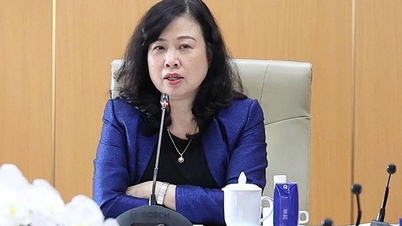
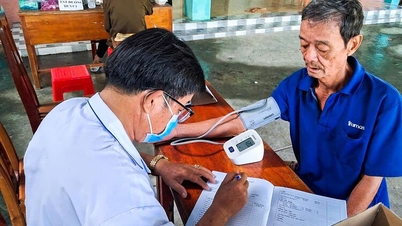



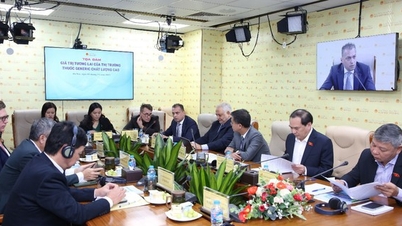



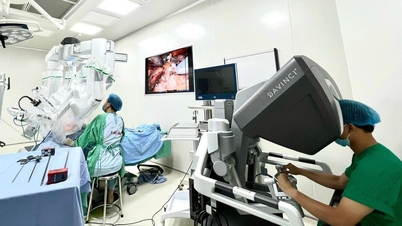





























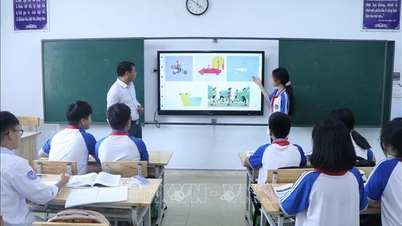

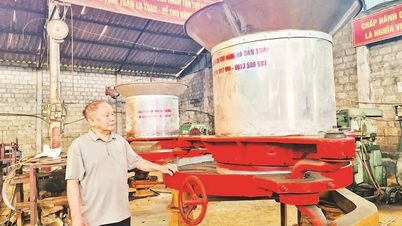










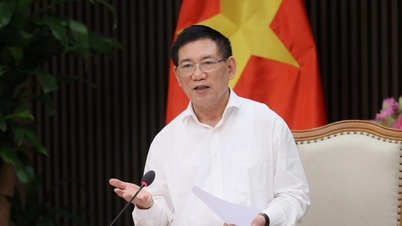
























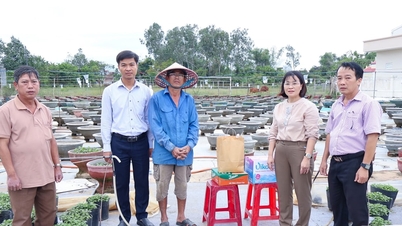

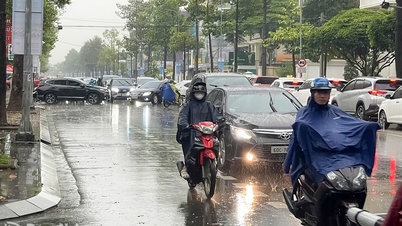

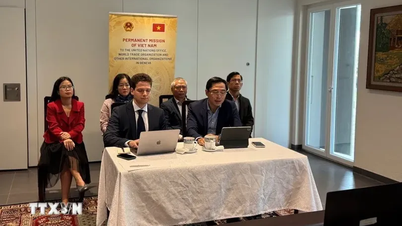

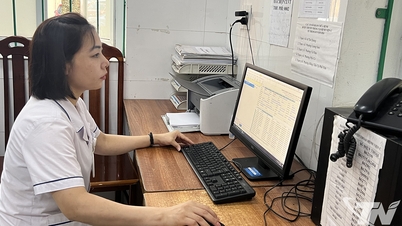

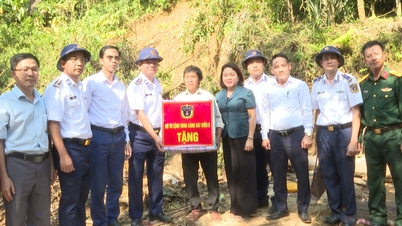












Comment (0)